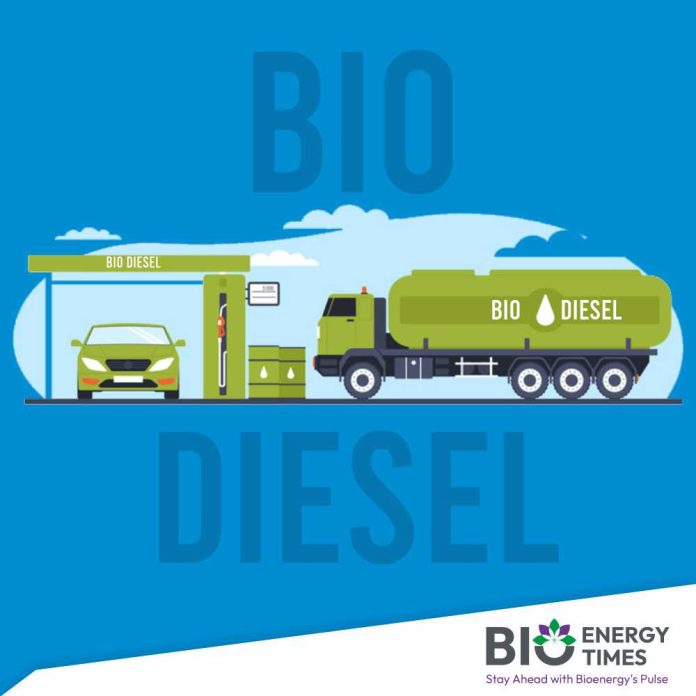In a major boost for renewable energy research, the Minister for Higher Education, Research, Science and Technology, Kinoka Feo, on Monday presented a cheque of K200,000 to Pacific Adventist University (PAU) to support its biodiesel research project, reports Post-Courier.
The announcement came during the launch of the university’s Biofuel Project Phase 3, which will involve experimental testing of biodiesel on diesel engine trucks.
Lead researcher Ms. Linta Qalopui outlined that limited funding had been one of the project’s biggest obstacles. Acting Chairman and CEO of the PNG Science & Technology Council Secretariat, Dr. Kulala Mulung, also highlighted the financial challenges, noting that delays in funding and resource shortages had often slowed progress.
“At times we had challenges. Not having funds on time or not having necessary resources at all. We remained committed and continued to believe that this was possible,” Dr. Mulung said. He explained that scaling up collection systems for waste oil, improving processing technologies, and running public awareness campaigns remain key hurdles for the initiative.
Minister Feo praised the resilience of the research team and stressed the importance of the project in addressing Papua New Guinea’s chronic fuel shortages, which have led to disruptions such as flight cancellations in the past.
“I am really, really keen to see how this research will go,” Feo said, adding that the government needs to evaluate whether biodiesel can provide a cost-effective alternative to conventional fuel.
He also commended the potential of young Papua New Guineans to contribute to innovation when provided with proper resources and opportunities.
Although PAU has operated a processing plant since 2018, lack of funds had left the facility idle and its equipment deteriorating. The latest K200,000 support is expected to help the university purchase an automated processor, new storage tanks, and essential test kits, enabling the team to enter the critical testing phase.
The investment is seen as a significant step toward developing a sustainable, homegrown fuel solution for Papua New Guinea.














